Are burnout and stress the same thing?
Burnout or occupational burnout syndrome, recognized by the World Health Organization (WHO) as an “occupational phenomenon”, is caused by the inability to effectively manage chronic stress at work. Patients often have 3 typical signs:
- Feeling drained of energy or exhausted.
- Become pessimistic, aloof, and cynical about work.
- Reduced work efficiency.
Specialist Doctor Duong Thi Hong Nhung, Head of the Department of Neurology - Stroke, Gia An 115 Hospital, said that people with burnout often feel exhausted, lose interest or doubt the value of their work. They tend to withdraw from the work they are undertaking, even reducing social interactions. Notably, burnout is not easily improved in a short time, and may require more intensive interventions such as psychological therapy, career counseling or medical treatment.
Meanwhile, stress is the body's natural response to challenges or pressures, which can be temporary and even positive (called eustress), helping to increase motivation and performance. People under stress often show signs of anxiety, difficulty sleeping, but still have the motivation to solve problems and stick to work goals. However, if stress is prolonged and uncontrolled, it can lead to burnout.
“Early recognition of burnout and anxiety disorders is extremely important. Timely treatment will help prevent serious complications such as depression or neurological and cardiovascular disorders,” Dr. Hong Nhung emphasized.
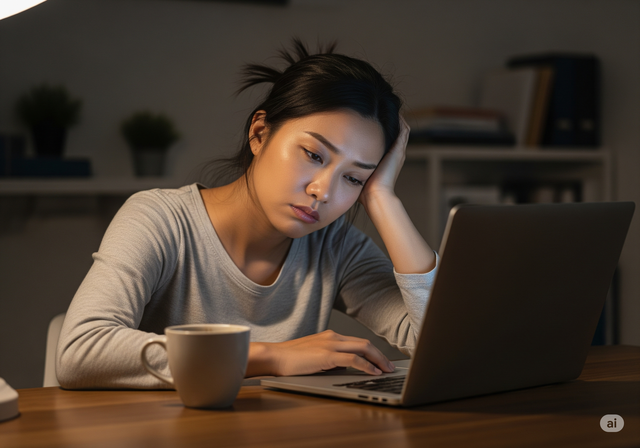
Early recognition of burnout and anxiety disorders is extremely important.
Illustration: AI
What treatments treat burnout?
Dr. Bui Pham Minh Man, University of Medicine and Pharmacy Hospital, Ho Chi Minh City, Campus 3, said that modern medicine focuses on stress management, lifestyle adjustments, and psychological therapy for burnout cases. Cognitive behavioral therapy (CBT) also helps patients change the way they perceive and react to pressure.
Additionally, at least 150 minutes of physical activity per week and mindfulness or guided meditation techniques have been shown to reduce sympathetic nervous system activation and improve sleep quality.
Traditional medicine aims to replenish deficiency, regulate Qi, calm the mind, strengthen the spleen, nourish the heart, and regulate Yin and Yang. Acupuncture, gentle exercises, relaxation, 4-hour breathing, head and neck massage, etc. also support the recovery process, help regulate the nervous system, improve cerebral blood circulation, and stabilize emotions.
However, Dr. Minh Man notes that any treatment or therapeutic practice should be under the advice and supervision of a specialist.
“Burnout is not simply a temporary fatigue, but a complex medical condition that requires a comprehensive approach. The combination of modern and traditional medicine will bring more comprehensive results, helping to improve symptoms quickly, while strengthening long-term health and preventing recurrence,” said Dr. Minh Man.
Source: https://thanhnien.vn/burnout-hoi-chung-kiet-suc-nghe-nghiep-khac-voi-stress-the-nao-dieu-tri-ra-sao-185250820194525002.htm







![[Photo] Dan Mountain Ginseng, a precious gift from nature to Kinh Bac land](/_next/image?url=https%3A%2F%2Fvphoto.vietnam.vn%2Fthumb%2F1200x675%2Fvietnam%2Fresource%2FIMAGE%2F2025%2F11%2F30%2F1764493588163_ndo_br_anh-longform-jpg.webp&w=3840&q=75)







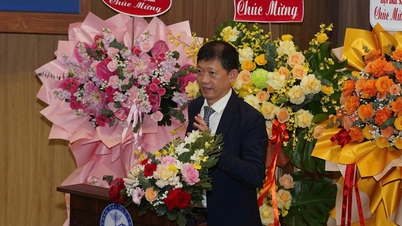





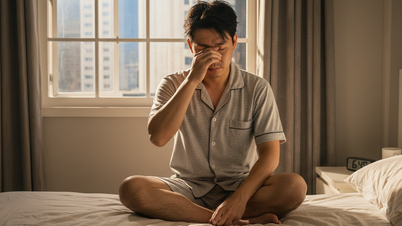















































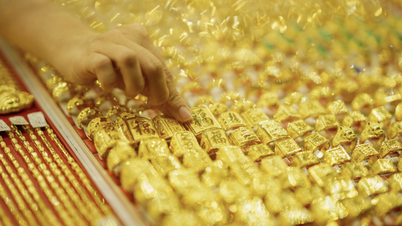


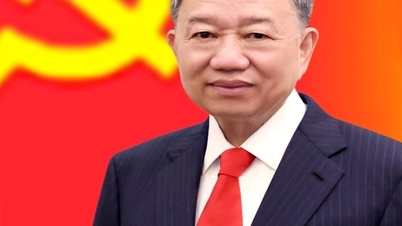

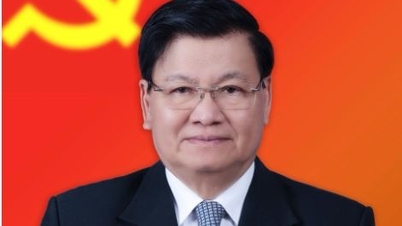
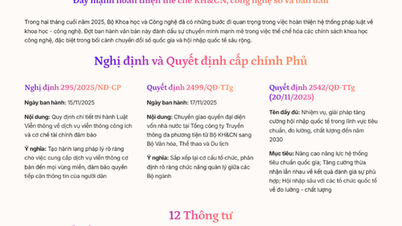



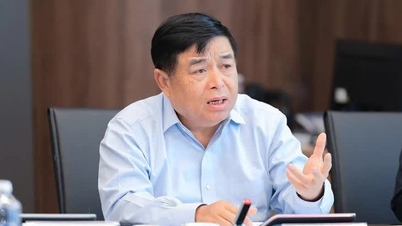






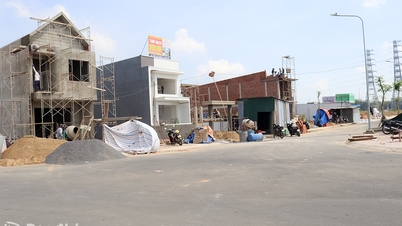
















Comment (0)